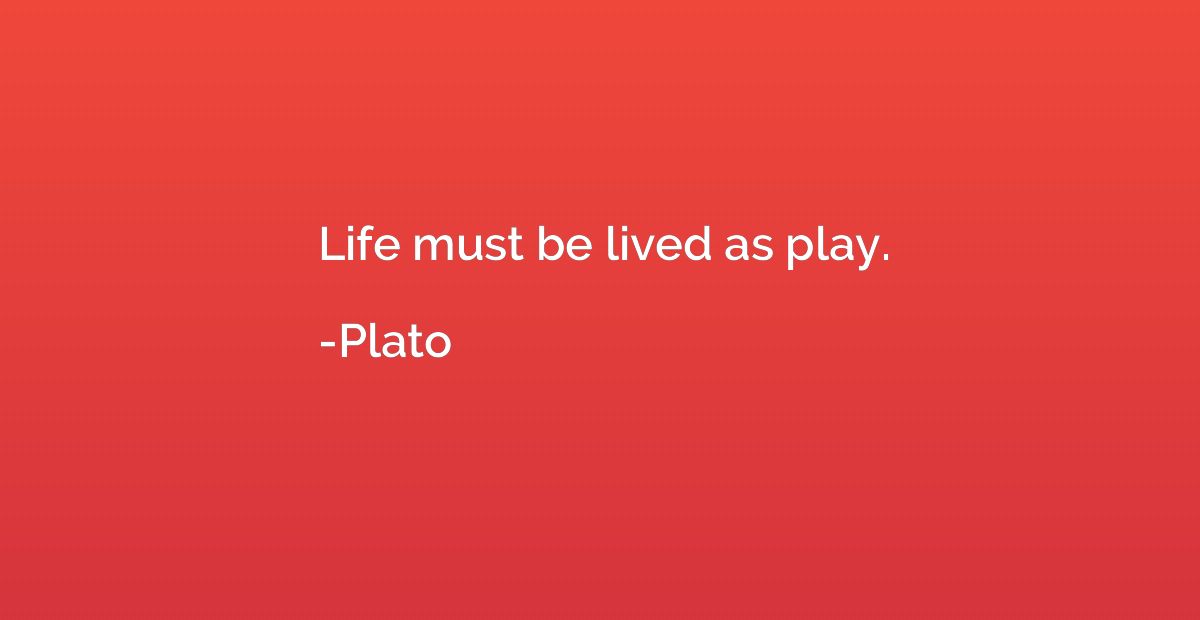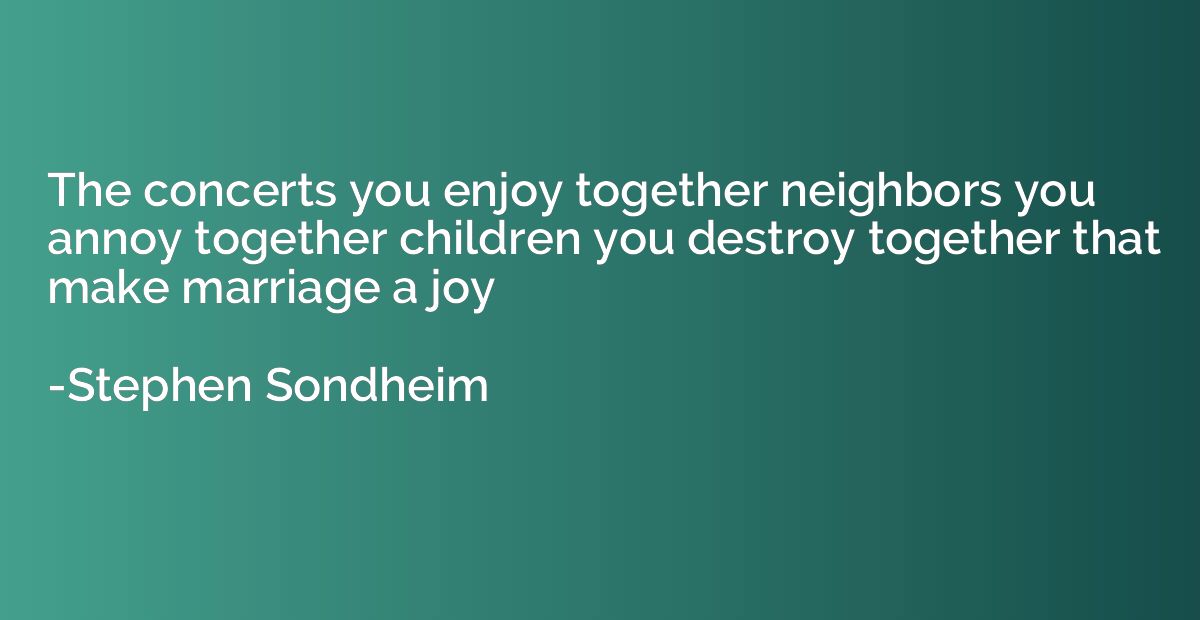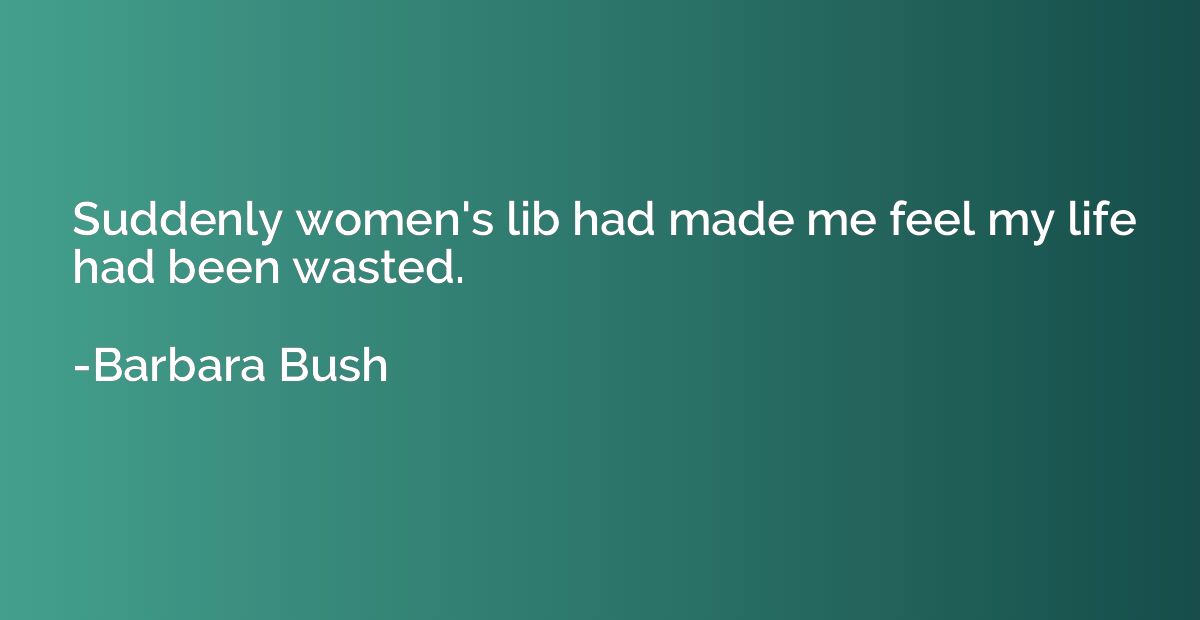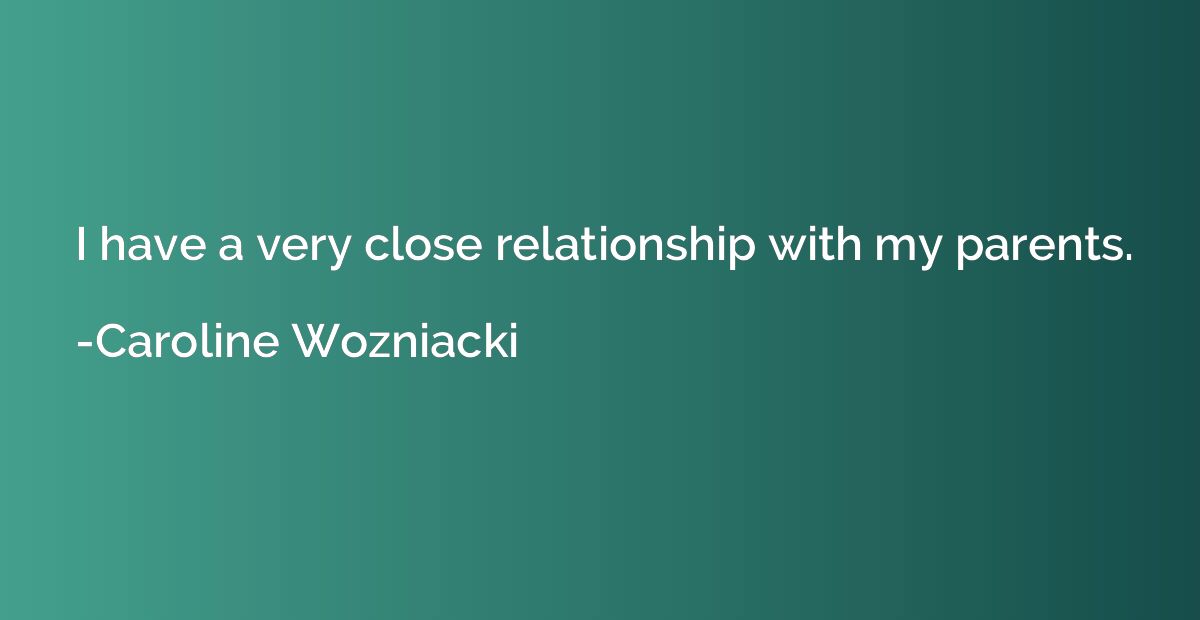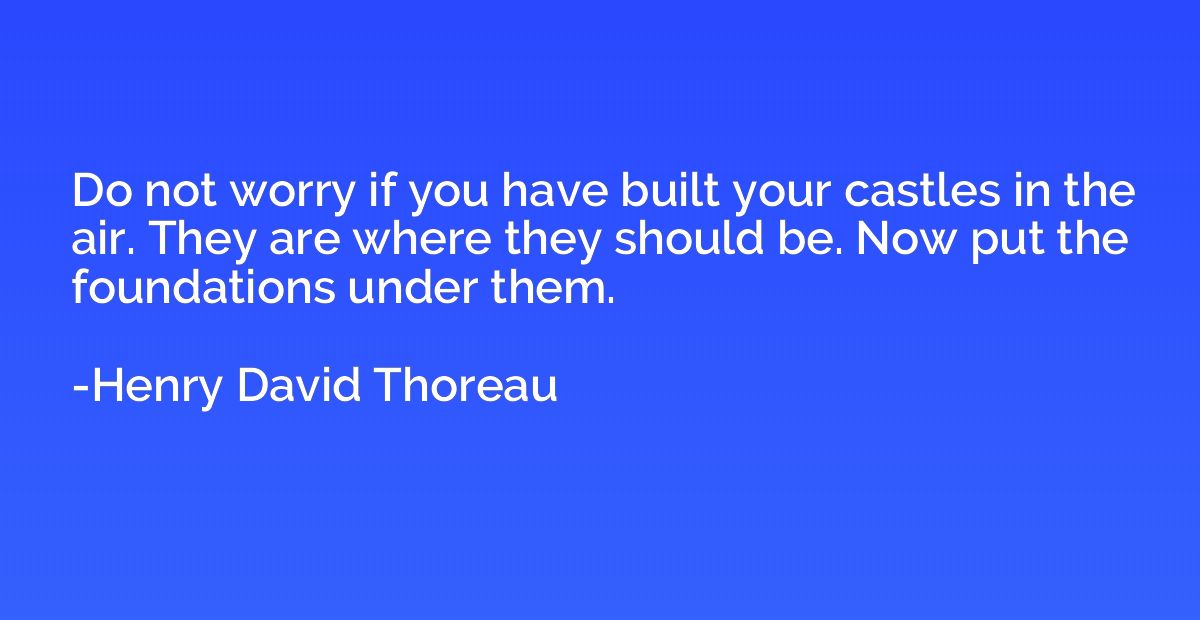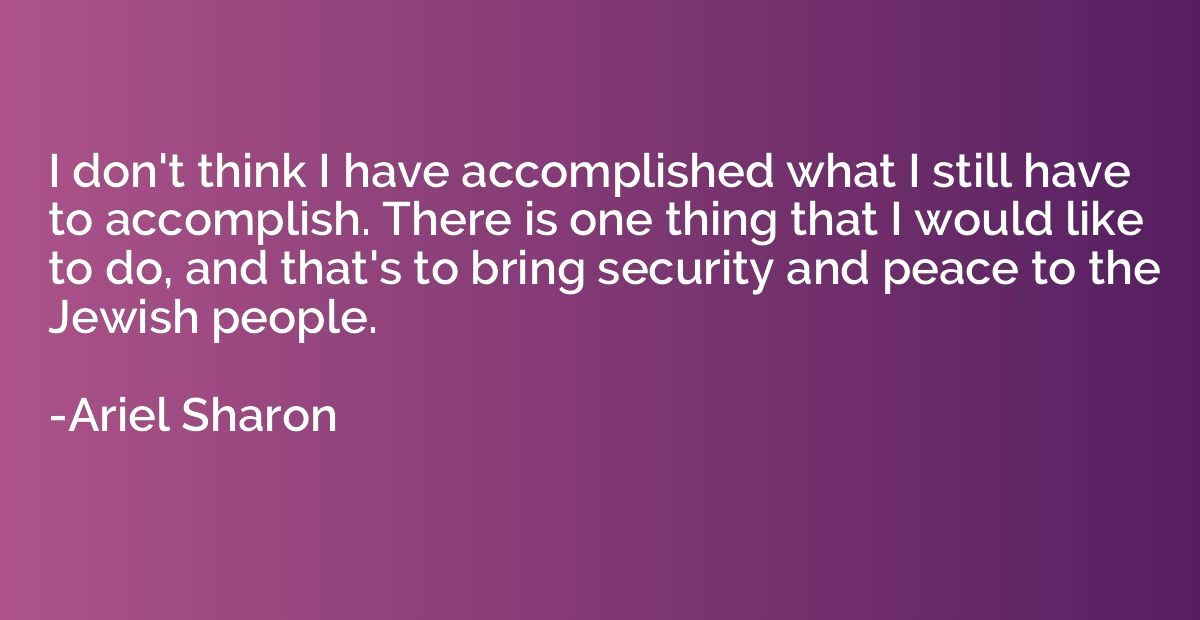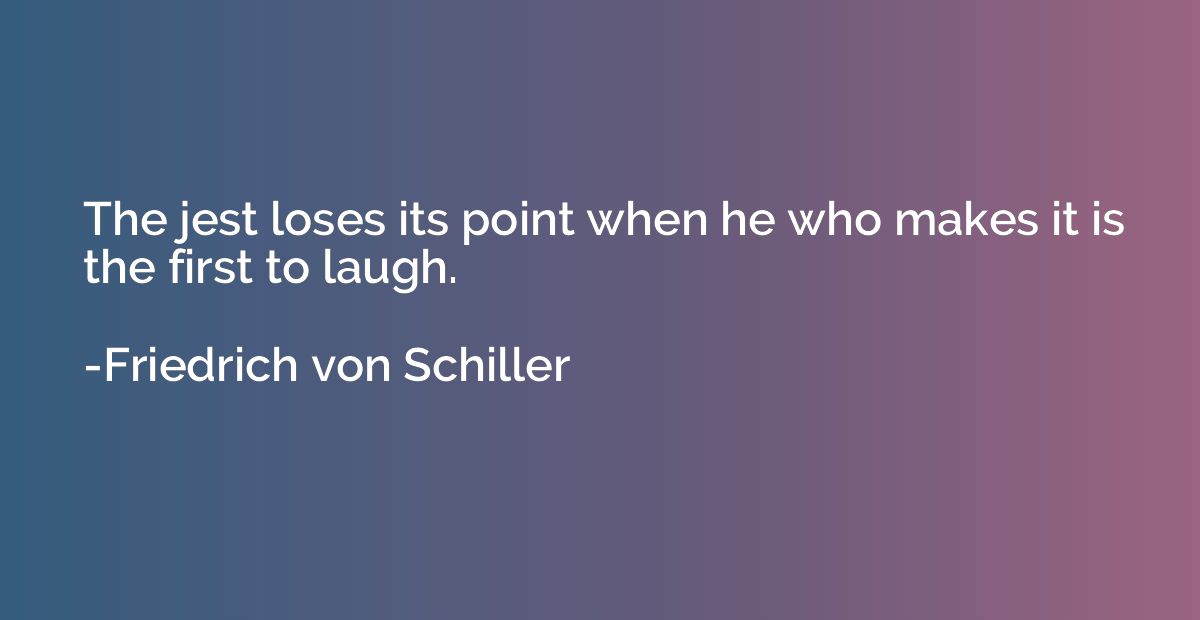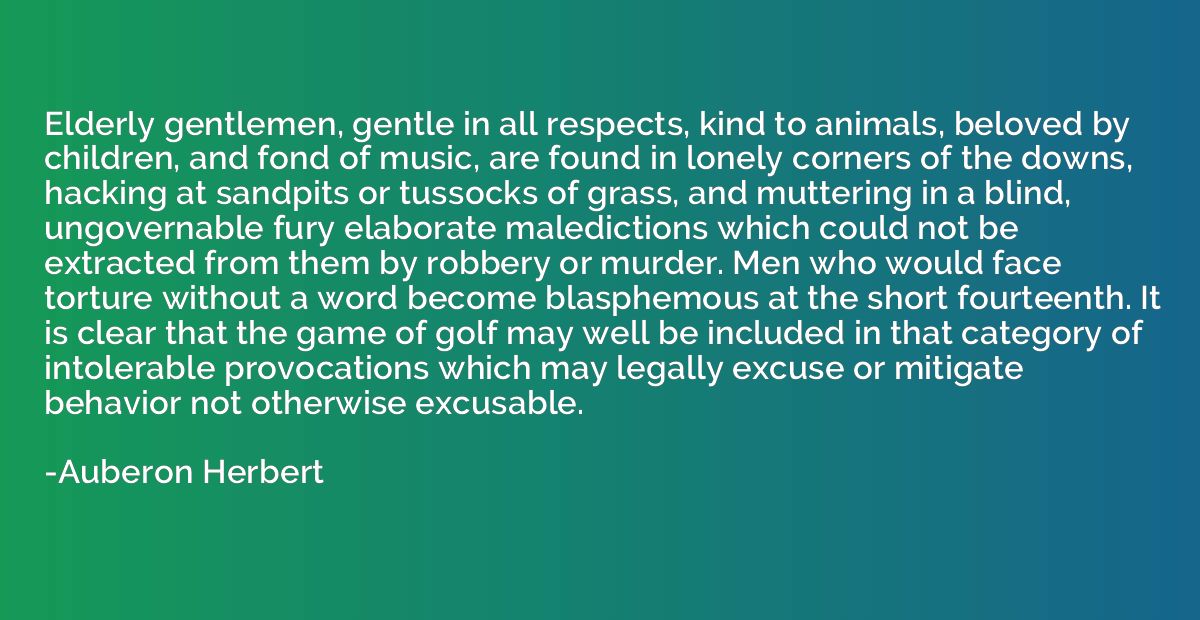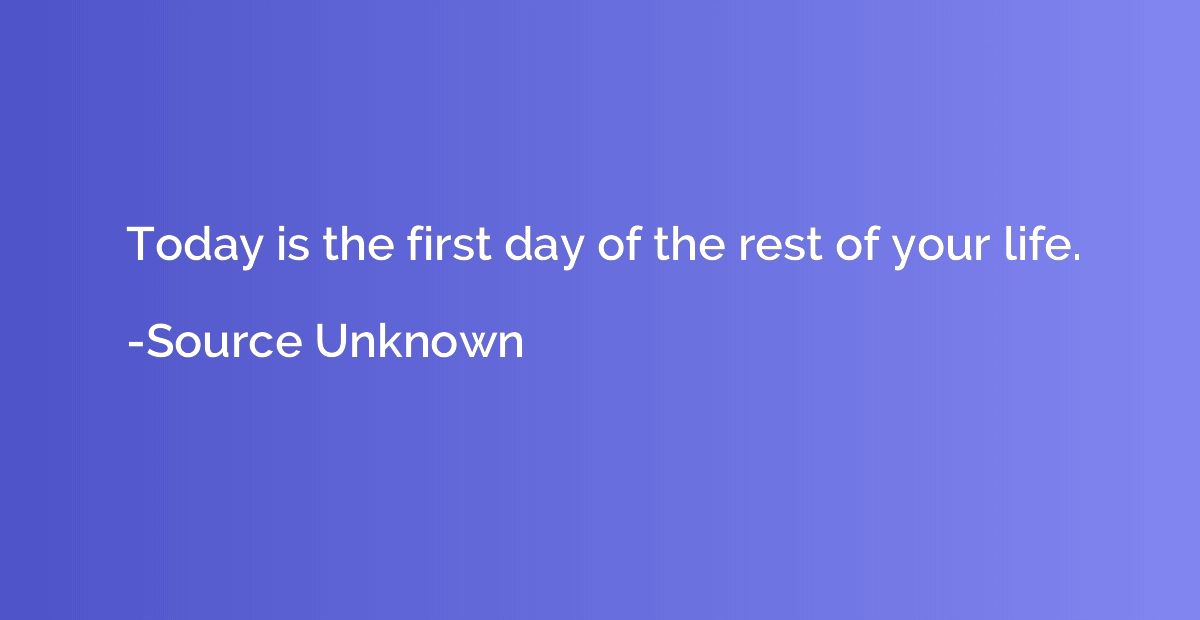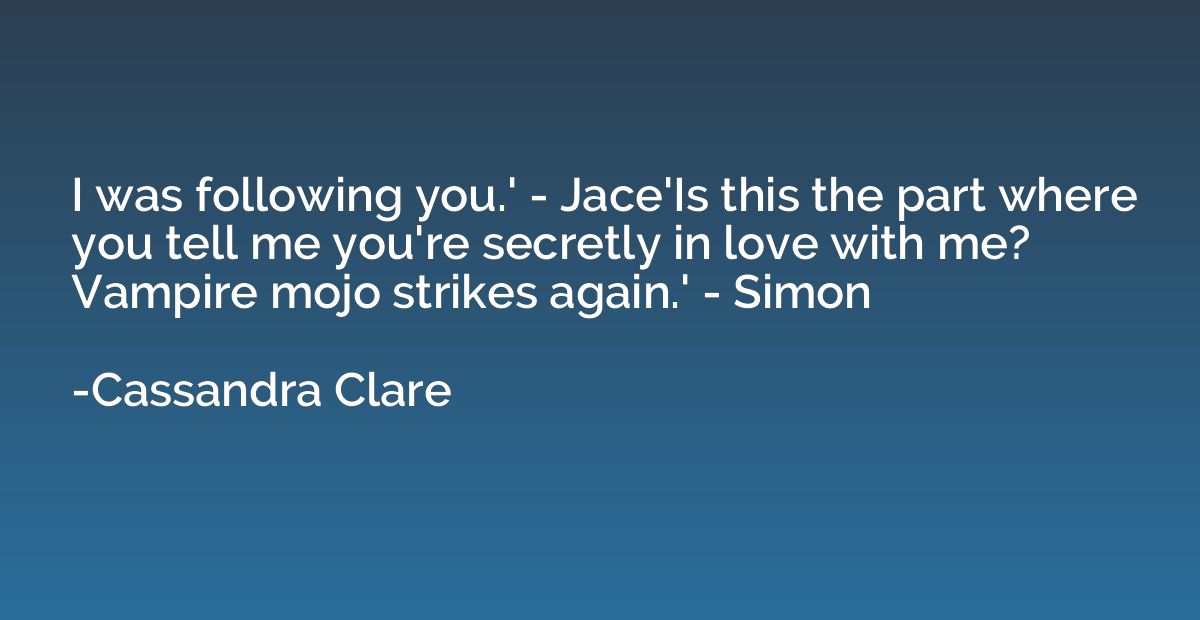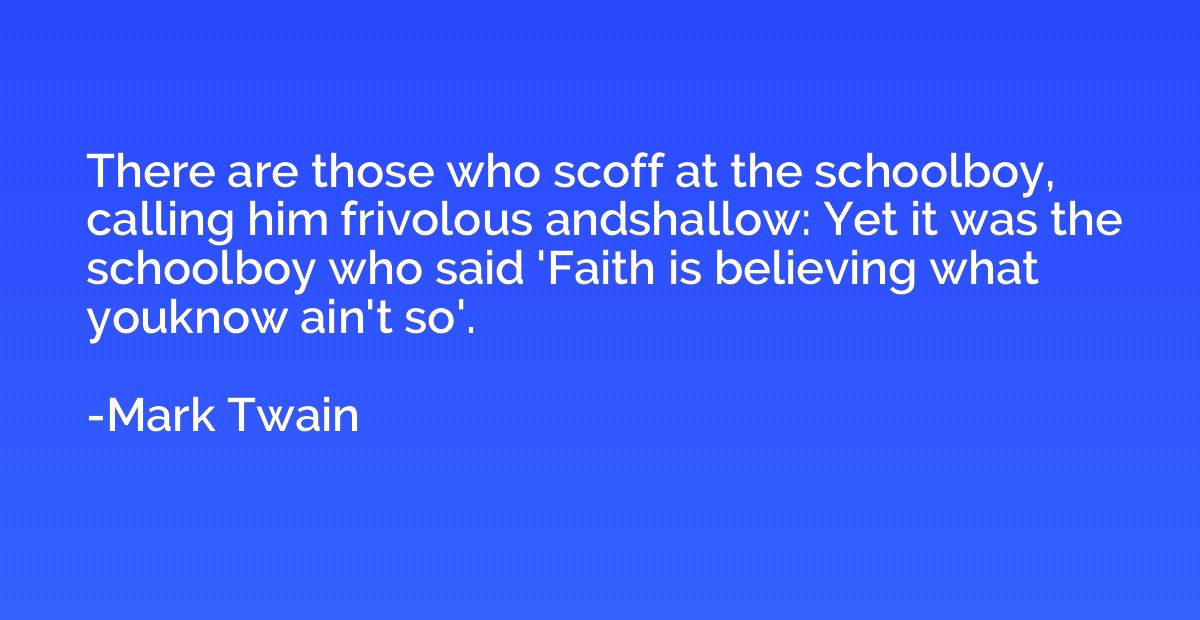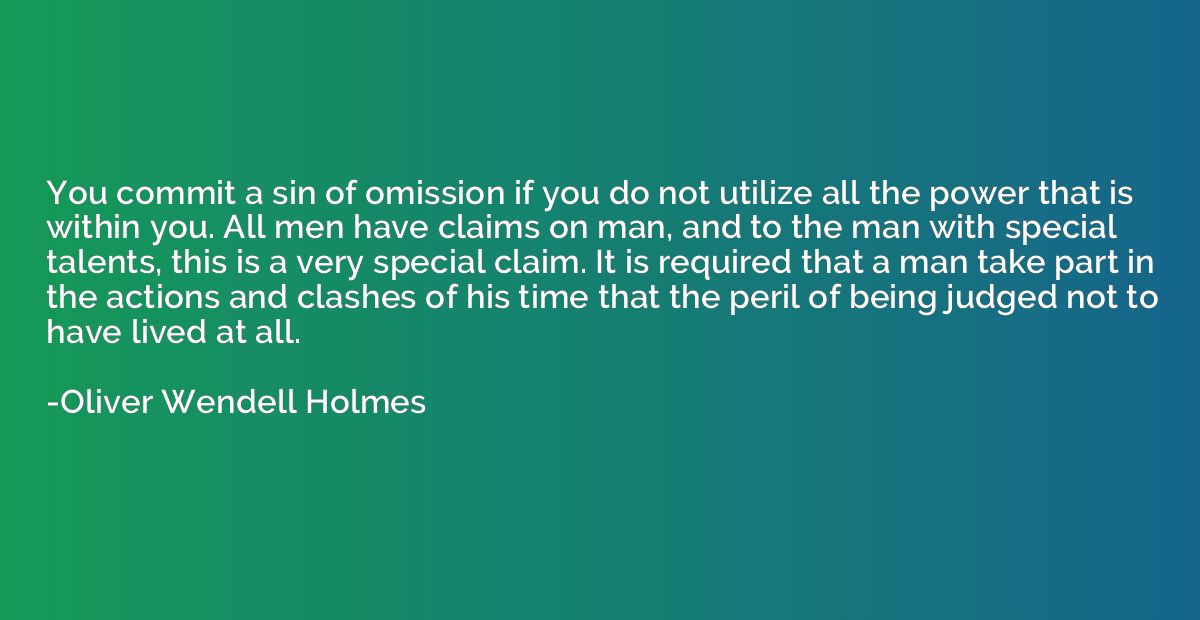Quote by Douglas Murray Mcgregor
TRUST: I know that you will not -- deliberately or accidentally, consciously or unconsciously -- take unfair advantage of me. I can put my situation at the moment, my status and self-esteem in this group, our relationship, my job, my career, even my life, in your hands with complete confidence.
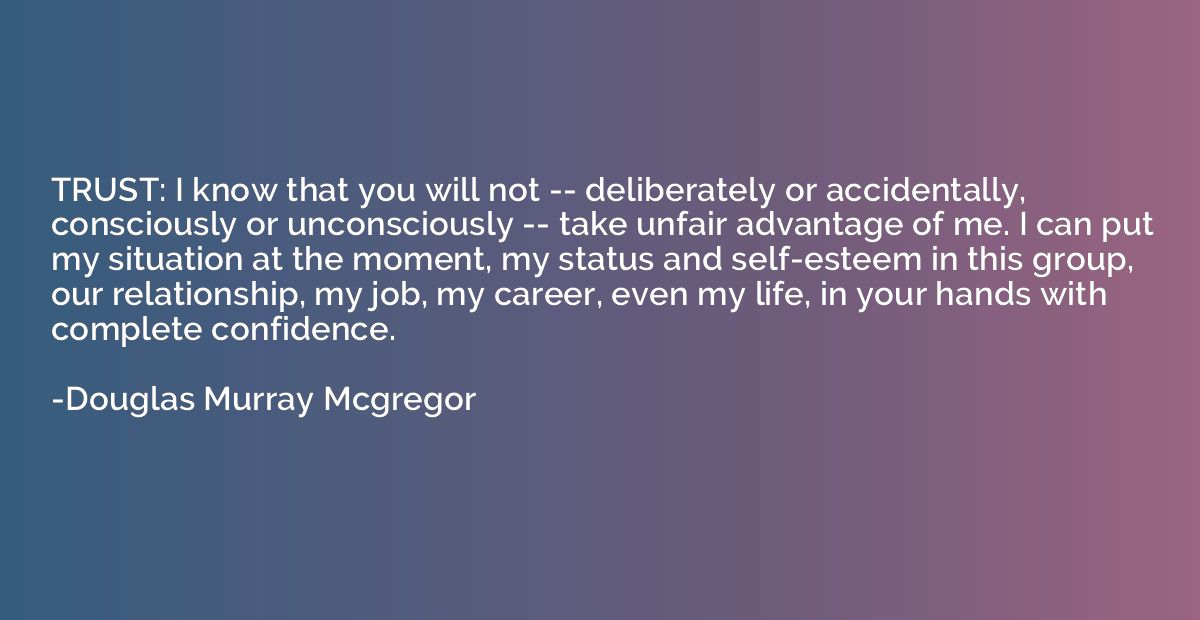
Summary
This quote emphasizes the concept of trust, highlighting that trust is built on the belief that others will not intentionally or unintentionally exploit or betray one's vulnerability or goodwill. Trust implies having faith in someone to act fairly and responsibly, acknowledging that they will not misuse the power or influence entrusted to them. It suggests that trust grants individuals the confidence to entrust significant aspects of their lives, whether personal or professional, to others without fear of manipulation or harm.



